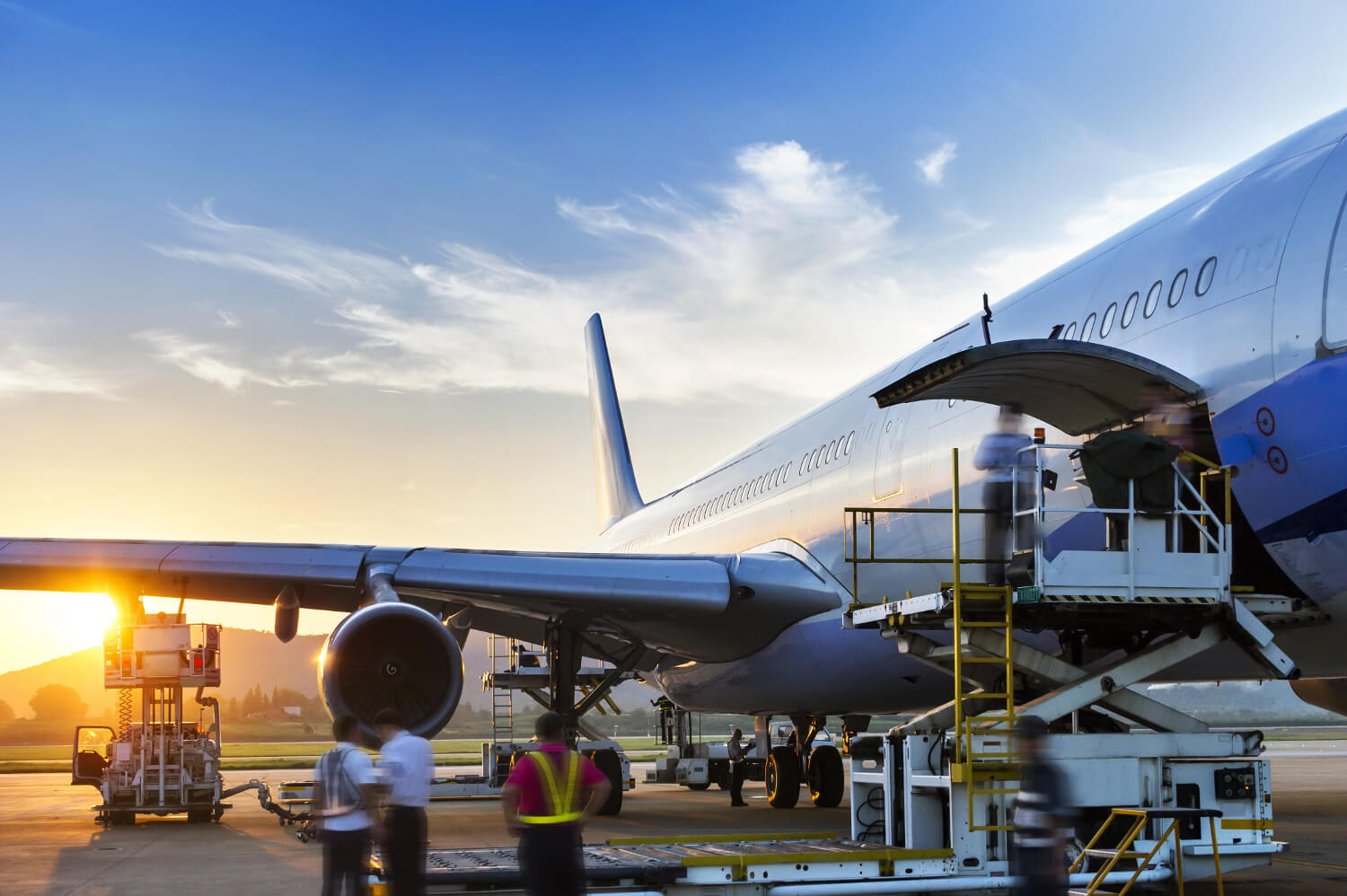Argentinian carrier Aerolíneas Argentinas has confirmed that it will continue to use Lufthansa Systems’ Lido/Flight 4D flight planning system and the NetLine/Load weight and balance application for the next five years. Both companies signed the contract renewal in August. Aerolíneas Argentinas has been using both products successfully since 2013.
“Our collaboration with Lufthansa Systems enables us to continue improving our service,” said Mario Dell’Acqua, President of Grupo Aerolíneas. “Our company is focused on growth, optimization and progress. The Lido/Flight 4D and NetLine/Load solutions enable us to equip our team with the right tools to ensure excellence in our flight operations. And our passengers will also continue to benefit from high-quality service.”
The core features of the Lido/Flight 4D flight planning solution are the integrated and continually updated aeronautical database and the so-called optimizer. Lido/Flight 4D calculates the most suitable route for each flight based on all flight-related data, weather conditions and the current airspace situation including any restrictions. Lido/Flight 4D is an enhanced and updated version of Lido/Flight, which has performed successfully in the market for over 20 years.
NetLine/Load weight supports airlines in the perfect distribution of baggage and cargo on board an aircraft. It covers all relevant load control parameters and calculates the optimal trim, load distribution and maximal weights for each flight – in an entirely automatic and individually configurable way. This significantly increases the productivity of load controllers and helps save fuel.
“Lido/Flight 4D and NetLine/Load are a perfect combination,” said Alexandre Santos, Senior Director Latin America South at Lufthansa Systems. “The automatic and continual exchange of what are known as estimate zero fuel weights (the estimated weight of the loaded aircraft without fuel) and fuel amounts enhances the efficiency of flight preparations. This also prevents the inaccuracies that arise from manual entry and, most importantly, helps airlines make fuel savings.”

